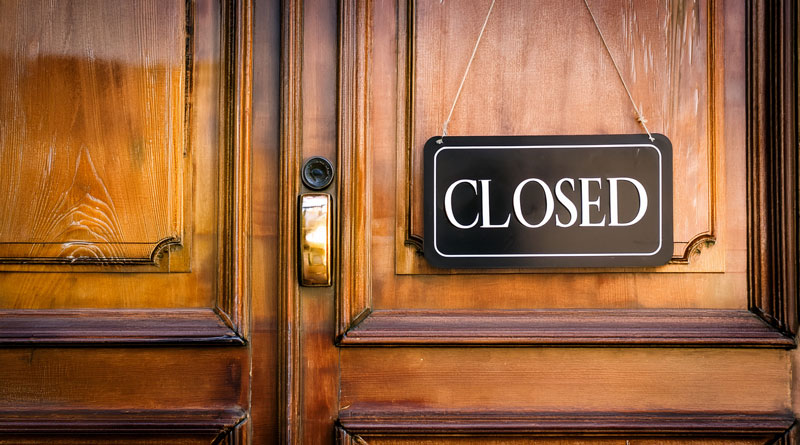BII Survey Reveals, Further Tax Pressures Will Result In 35% Of Pub Operators Having To Close Their Doors

The BII has revealed the results of its summer survey of members, with a shocking 35% saying if the Government doesn’t reduce the tax burden on the sector at the Autumn Budget, they could be forced to close their businesses.
Despite a strong summer of trading for many, with 60% seeing turnovers equal to or greater than the same period in 2024, with huge tax rises from last year’s budget hitting hard since April, pubs have been forced to take drastic measures to make ends meet.
With Covid related debts still being repaid, the energy crisis creating bills up to three times as much as they were in 2021, and high food and drink inflation of over 20% in recent years, the sector was already under huge pressure.
From April, National Insurance contributions (NICs) have risen by 10% from 13.8% to 15%, and the NIC secondary threshold dropped from £9,100 to £5,000, meaning virtually all part-time staff are in scope for businesses to contribute NI, and the final blow of minimum wage rising to £12.21 (an increase of 50% over the last five years) has seen costs of employment soar.
A previous survey alongside fellow trade associations, UKHospitality, BBPA and Hospitality Ulster, showed hospitality businesses shrinking their workforces and capacity to 85%, just to meet the increased tax demands. With 89,000 job losses in the sector since last Autumn, the budget now set for 26th November 2025 will be critical on deciding the future for pubs across the UK.
Conversely, the survey also revealed that with a significant reduction in the tax burden, over 70% said it would trigger investment in their pub business, with nearly 50% of pubs saying that they would grow their teams.
Steve Alton, BII CEO said:
“Our members and the wider pub sector are being pushed to breaking point by unfair and unsustainable tax burdens. We have shown time and time again that we have the potential to be a powerhouse of economic growth, given the right support, but Government have forced us into a corner with over £1 in every £3 we take over the bar going straight to Treasury, alongside a raft of overheads that are completely out of our control.
“When the energy crisis hit, our pubs invested in energy saving equipment and sustainable practices. When Covid hit, we were the community hubs, fundraising and caring for the vulnerable. When food and drink inflation became relentlessly high, we re-engineered our menus and protected our customers from the full effects of the prices we should have passed on.
“Now the full effect of the doubling of Business Rates, with the reduction of relief from 75% to 40%, alongside the immense rise in the cost of employment, have left pubs with little choice. They have had to cut jobs, opening hours, and many are working 70 hours a week, just to serve their communities and collect tax for the Treasury.
“If the Chancellor doesn’t recognise the devastating impact last Autumn’s budget has already had on our sector, not even six months since it came into force, and remove some of the pressure on our pubs, the consequences will be dire.
“Last week, I joined a passionate and eloquent group of operators, sharing their experiences at a roundtable meeting with the Business Minister, which left him in no doubt of the impact they make on their communities, as well as the eyewatering amount of tax they have to pay.
“Referencing the brilliant operators he met, his words in the hospitality debate in parliament last Wednesday that ‘hospitality is truly the backbone of our high streets, and the lifeblood of our communities’ are yet another reinforcement of the vital nature of our sector, economically, socially and culturally.
“But these words must be met with immediate action, to protect thousands of jobs, and every community in the UK. Our members have been clear on their priorities for support from Government. A cut in VAT on all pub sales, in line with other European countries, a full reform of the business rates system that leads to permanently lower rates bills than they currently pay, and a reversal of the NICs increases.
“Without a reduction in the tax burden, we will lose a huge number of viable businesses and jobs, providing immeasurable support and connection in every community.
